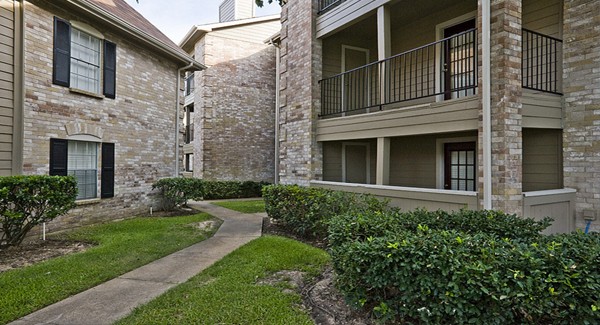Many Landlord/tenant relationships operate without difficulty. However, in some instances, it may become necessary for a landlord to terminate a lease and take over possession of the property from the tenant. Landlords may evict tenants for various reasons including but not limited to violation of lease terms or holdover tenancy. However, the most common case is when the tenant fails to pay their rent in a timely matter.
When a tenant fails to pay the monthly rent pursuant to the terms of the lease, it is essential that the landlord begin the process with the service of a Notice to terminate. For example, when the rent is due on the first of the month, and deemed late after the fifth of the month, then the landlord may serve a notice stating that, unless rent is paid within five days, he will consider the tenancy terminated.
The Notice for payment must state a sum certain that is due. In the City of Chicago, the demand cannot include other sums that may be due to the landlord other than rental payments. Many times, the tenant may be responsible for payment of utilities, trash or parking. Unless the lease specifically identifies these additional items as “rent” then they should not be included in the notice.
The notice must correctly identify the subject premises and must be directed to the tenant responsible for payment of the rent. The Notice for payment should be served upon the tenant or someone of the age of 13 years or older, residing in or in charge of the premises, or in the case no one is in actual possession of the premises, then by posting the Notice on the premises. The statute also allows for service of the Notice by certified mail. Please be prepared to show the court the green card as proof of service of the Notice.
It is always prudent to verify that the tenant has received the Notice. If the matter arises in court where the tenant denies the Notice, the judge will hear testimony as to verification of service and any communications after service of the notice regarding the same. If the Landlord can show there were communications after service of the Notice with the tenant specifically related to the Notice, the court may find service was complete.
Once the landlord has served the notice, the tenant may pay the amounts owed. However, if the tenant fails to pay the amount demanded in the Notice, with the proper Notice, the landlord is ready to file an action for eviction. Our attorneys can assist with preparing a proper Notice and the steps that follow.
By KSN Attorney Wendy Durbin
Since 1983, KSN has been a legal resource for condominium, homeowner, and townhome associations. Additionally, we represent clients in real estate transactions, collections, landlord/tenant issues, and property tax appeals. We represent thousands of clients and community associations throughout the US with offices in several states including Florida, Illinois, Indiana, and Wisconsin.
This article is made available by the lawyer or law firm publisher for educational purposes only as well as to give you general information and a general understanding of the law, not to provide specific legal advice. By reading this article you understand that there is no attorney client relationship between you and the article author. This article should not be used as a substitute for competent legal advice from a licensed professional attorney in your state. © 2023 Kovitz Shifrin Nesbit, A Professional Corporation.

